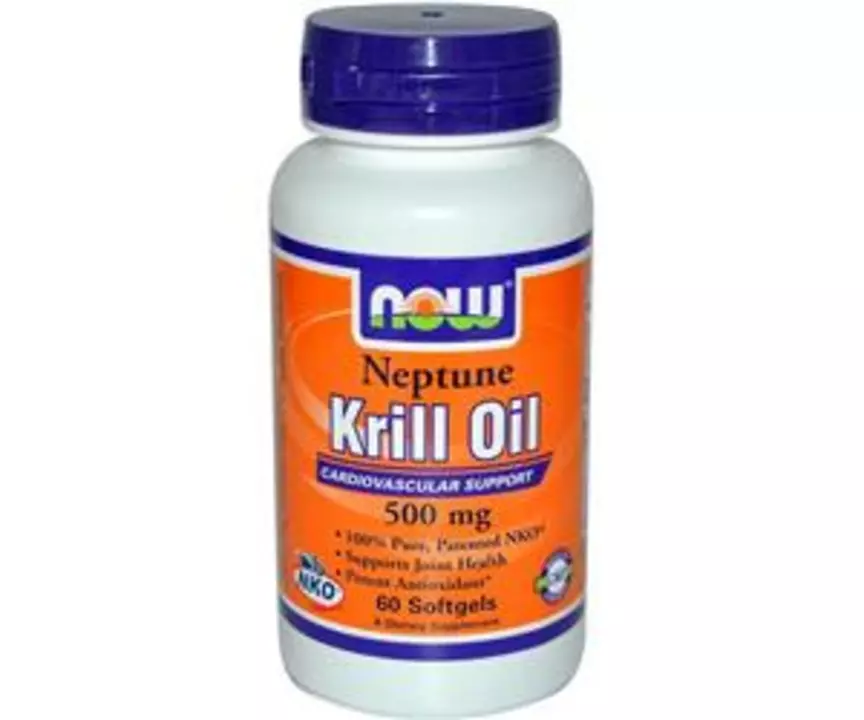
Elemi Supplement: How It Boosts Health & Wellness
Discover how Elemi, a natural dietary supplement, supports inflammation control, stress balance, and overall wellbeing with science‑backed benefits.
Thinking about a supplement to fill a gap or boost health? Good—many people do. But not all supplements are created equal. This page gives short, useful steps to pick safe, effective products and avoid common traps.
Start with one simple question: do you really need it? Ask your doctor or get a basic blood test for nutrients like vitamin D, B12, iron, and thyroid function before buying. If a test shows low levels, a targeted supplement makes sense. If you take a balanced diet, a high-dose multi may be unnecessary.
Check the label closely. Look for the active ingredient, exact dose, and serving size. Avoid vague claims like "clinically proven" without specifics. Third-party testing seals—USP, NSF, or ConsumerLab—offer extra confidence that what’s on the label is actually in the bottle.
Watch for unrealistic promises. Supplements that claim to cure disease, melt fat without diet change, or promise instant results are red flags. Herbal products can be powerful and carry real side effects or interactions, so treat them like drugs, not candy.
Vitamin D: Many adults are low, especially with little sun. Typical replacement doses range from 1,000–4,000 IU daily, but check a blood test and your doctor’s advice.
Omega-3 (fish oil): Good for some heart and inflammatory support. Aim for an EPA+DHA dose shown on the label—often 500–1,000 mg combined for general use. Look for purity testing to avoid heavy metals.
Probiotics: Strain matters. If you want help for specific issues (diarrhea after antibiotics, IBS), pick a product tested for that strain and dose. Short-term use is common; long-term effects vary by product.
Herbal supplements: St. John’s wort, ginseng, and others interact with prescription drugs. Don’t mix them with antidepressants, blood thinners, or heart meds without advice from a clinician.
Where to buy: Prefer reputable pharmacies or well-known retailers. Buying from unknown online shops increases the risk of fake or contaminated products. If a site looks dodgy, prices are wildly low, or the shipping origin is unclear, skip it.
Storage and dosing: Follow label directions. Some vitamins absorb better with food (fat-soluble ones like A, D, E, K). Keep supplements in a cool, dry place and note expiration dates—potency drops over time.
When to talk to your doctor: If you’re pregnant, breastfeeding, have chronic disease, take prescription meds, or plan surgery, discuss supplements first. Also check in if you notice new symptoms after starting a product—headache, stomach upset, unexpected bleeding, or changes in mood or sleep.
Short checklist before buying: get a test or medical input, verify third-party testing, read the full label, avoid big promises, and buy from a trusted seller. Do that and you’ll reduce risk and get better value from supplements.

Discover how Elemi, a natural dietary supplement, supports inflammation control, stress balance, and overall wellbeing with science‑backed benefits.

Calanus oil is a potent dietary supplement packed with omega-3 fatty acids that offers a range of health benefits from improved heart health to better mental clarity. This article explores what Calanus oil is, its many uses, and how it can enhance your overall well-being. Learn how this natural oil stands out among other supplements and get practical tips on incorporating it into your daily routine.

I recently discovered Krill Oil, a powerful dietary supplement that has numerous health benefits, including supporting joint health and mobility. Derived from tiny crustaceans, it's packed with Omega-3 fatty acids that are known to reduce inflammation and promote overall joint health. Additionally, the phospholipids in Krill Oil are easily absorbed by our body, making it more effective than fish oil. I've personally noticed an improvement in my joint mobility and less discomfort since incorporating Krill Oil into my daily routine. If you're looking for a natural way to support your joint health, give Krill Oil a try!

I recently came across an incredible dietary supplement called Galphimia Glauca, and I just had to share its amazing benefits with all of you. This plant-based supplement is known to improve mental clarity, reduce anxiety, and even alleviate allergy symptoms. I've personally experienced a significant boost in my overall well-being since incorporating it into my daily routine. If you're looking for a natural way to enhance your health, I highly recommend giving Galphimia Glauca a try. Trust me, your body and mind will thank you!